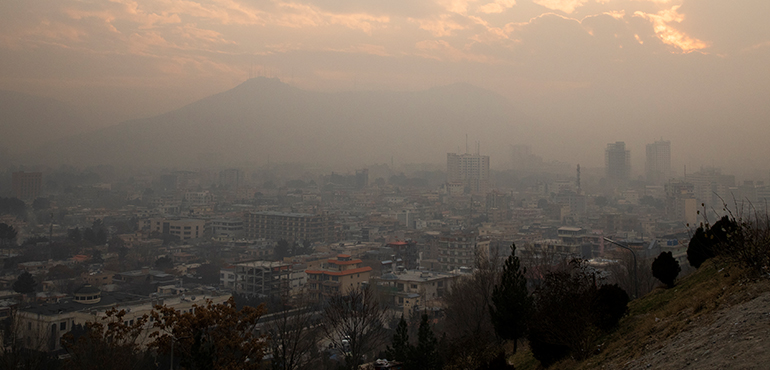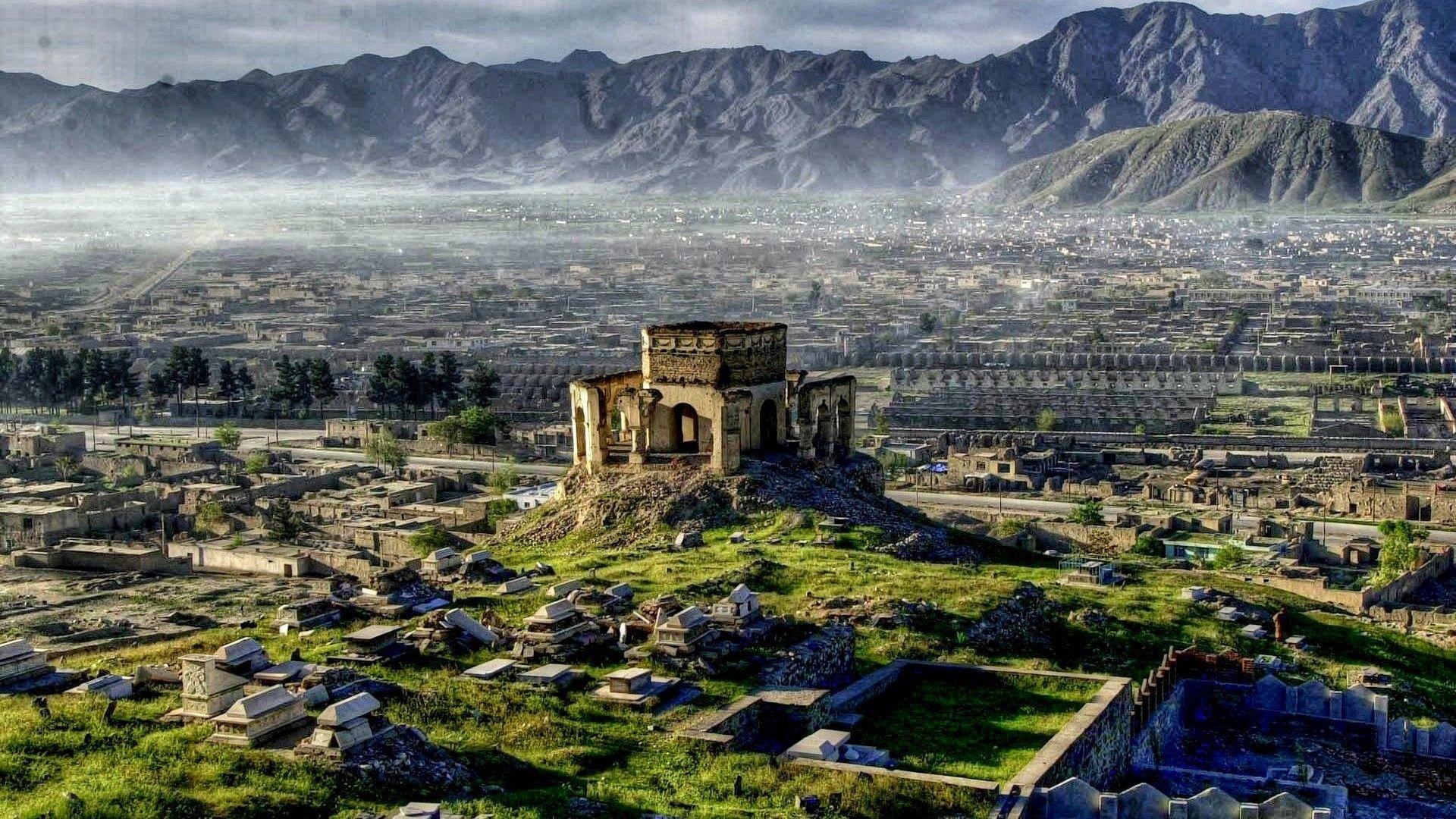Environmental Crisis; What Should “You” Do?

It is by now no surprise that Environmental Changes is one of the most dangerous and serious threats not only for humanity, but for our whole beautiful planet, Earth. It is also a crucial contributor to a bigger threat, that is the climate change. Yet, it is a surprise that the majority of us, human beings, still do not take this issue seriously. On October 8th, 2018, The United Nations (UN) warned that we had 12 years to limit climate change catastrophe and save the planet, however, BBC shocked the world by sharing a report on 24 July 2019, stating that we only have 18 months to save the planet. Similarly, on 29 July 2019, CNN shared a report, maintaining that we have used more resources than Planet Earth can regenerate in a year. In fact, climate change crisis keeps increasing and we hear a lot of similar reports every single day. Unfortunately, according to a recent statistic shared by National Aeronautics and Space Administration (NASA) Goddard Institute for Space Studies, the change of climate is estimated to go even higher in the coming years, if we do not bring considerable changes in the way we live.
Although people in ancient times (such as, Theophrastus) suspected that the climate of a region could change over the course of centuries, the history of the scientific discovery of climate change goes back to early 19th century when the greenhouse effect was first identified and the ice ages and other the natural changes in paleoclimate were first suspected. This bags the question: what causes climate change? Well, although including history, causes, and solutions for an issue as huge as climate crisis in a simple article is not an easy task, below are a few points that are marked as major contributors to climate change:
- - Water Vapor: it is the most abundant greenhouse gas, and most importantly, it acts as a feedback to the climate. It increases as the Earth’s atmosphere warms, but so does the possibility of clouds and precipitation, making these some of the most important feedback mechanisms to the greenhouse effect.
- - Carbon dioxide (CO2). A minor but very important component of the atmosphere, carbon dioxide is released through natural processes such as respiration and volcano eruptions and through human activities such as deforestation, land use changes, and burning fossil fuels. Humans have increased atmospheric CO2 concentration by more than a third since the Industrial Revolution began. This is the most important long-lived "forcing" of climate change.
- - Methane. A hydrocarbon gas produced both through natural sources and human activities, including the decomposition of wastes in landfills, agriculture, and especially rice cultivation, as well as ruminant digestion and manure management associated with domestic livestock. On a molecule-for-molecule basis, methane is a far more active greenhouse gas than carbon dioxide, but also one which is much less abundant in the atmosphere.
- There are many other factors that cause the increase of climate crisis such as Nitrous Oxide, Chlorofluorocarbons (CFCs), etc. but this article will not elaborate on each.
Although in particular, Afghanistan is not among the countries that are marked as major contributors to climate change, environmental changes in itself is a harmful threat for the individuals. There are many reasons behind the aforementioned cause, such as damaged cars, use of plastic, coal, war, gas, lack of public awareness, and waste in general. Unfortunately, waste is a major problem in itself that could be observed daily, from houses, to huge celebrations where tons of food is wasted. Nevertheless, all these problems are linked to one main point, that is poverty. It is due to poverty that people burn plastic and coal to warm their houses. Although poverty is an issue that takes a lot to be solved, there still are small actions we can take in order to create a better environment for us to at least breathe a clean air.
Emphasizing on our responsibility as single individuals, although we do not have a lot of time and the solutions, it is not false to state that most of the people that we interact with daily, make common statements such as them not being alive when climate change crisis increases, or, their inability to make impacts as single individuals. However, a beautiful response to all these statements was stated by Lauren Singer when she was asked why she lives a zero-waste lifestyle, “I want to be remembered for the things that I did while I was on this planet, and not for the trash that I left behind.” Below are few points that could help one in taking action as a single individual towards climate crisis by bringing minor changes in one’s lifestyle:
- Limit the use of fossil fuels!
It sure is true that climate change will not be solved by one’s buying or driving habits alone (although these are important and can influence others to make changes too), but limiting fossil fuels such as oil, carbon and natural gas and replacing them with renewable and cleaner sources of energy, all while increasing energy efficiency is crucially important. Kimberly Nicholas, Associate Professor of Sustainability Science at the Lund University center for Sustainability Studies (LUCSUS) states, “we need to cut CO2 emissions almost in half (45%) by the end of next decade.”
- Go car-free!
In industrialized countries such as European nations, getting rid of your car can reduce 2.5 tonnes of CO2 – about ¼ of the average early emissions (9.2 tonnes) contributed by each person in developed countries. Plus, you will have the chance to consider a fun and healthy way to go around such as taking a walk or riding a bicycle!
- Change your diet!
You do not necessarily have to be a vegetarian or vegan, but bringing minor changes to your diet can be a plus. According to an article shared by BBC, “In fact, after the fossil fuels, the food industry – and in particular the meat and dairy sector – is one of the most important contributors to climate change. If cattle were their own nation, they would be the world’s largest emitter of greenhouse gases, after China and the US.” According to the aforementioned article, the meat industry contributes to global warming in three major ways. Firstly, cows’ burping from processing food releases lots of methane, a greenhouse gas. Secondly, we feed them with other potential sources of food, like maize and soy, which makes for a very inefficient process. And finally, they also require lots of water, fertilisers that can release greenhouse gases, and plenty of land – some of which come from cleared forests, another source of carbon emissions.
- Stop using plastic!
This might not be the first time you read this, but you should consider it very seriously. Plastic is not only killing marine animals and ecosystems, but countless studies show that it is hazardous to human health. But here comes the question: how can one stop using plastic while the basic needs we purchase are wrapped in plastic? The answer is simple and there are variety of options: start learning to make your own products, go eco-friendly, and only buy what is necessary! In most of the countries today, there are various eco-friendly stores. Why not purchase your basic needs there than to use something that will not decompose in 1000 years? By the end of this article, you will be referred to some websites/channels where you can learn how to make your own products! It’s cheaper, healthier, and a lot more fun!
- Read us online!
We, the ZAWIA Media team highly encourage you not only to take part in our campaign, but to also reading our articles as well as much of your readings as you can, online! That way, you would be more of an eco-friendly individual, supporting green-policy, and avoid wasting papers!
There are many other ways one can consider to start taking action as an individual towards climate crisis such as consuming and wasting less, greening your commute, starting a climate conversation to influence others, getting charged-up with renewables, using energy wisely, demanding climate solutions this coming election wherever you live, shopping differently, having fewer children, etc. however, it is a difficult task to include it all in an article as part of a magazine. Nevertheless, by publishing this article, we hope to encourage our readers to start taking action, even if they think one cannot have a huge impact. We are here to protect our beautiful planet, not to damage it further.
Making your own zero-waste products: http://trashisfortossers.com
Written by: Zhala Sarmast
- 2019 Dec - 23







